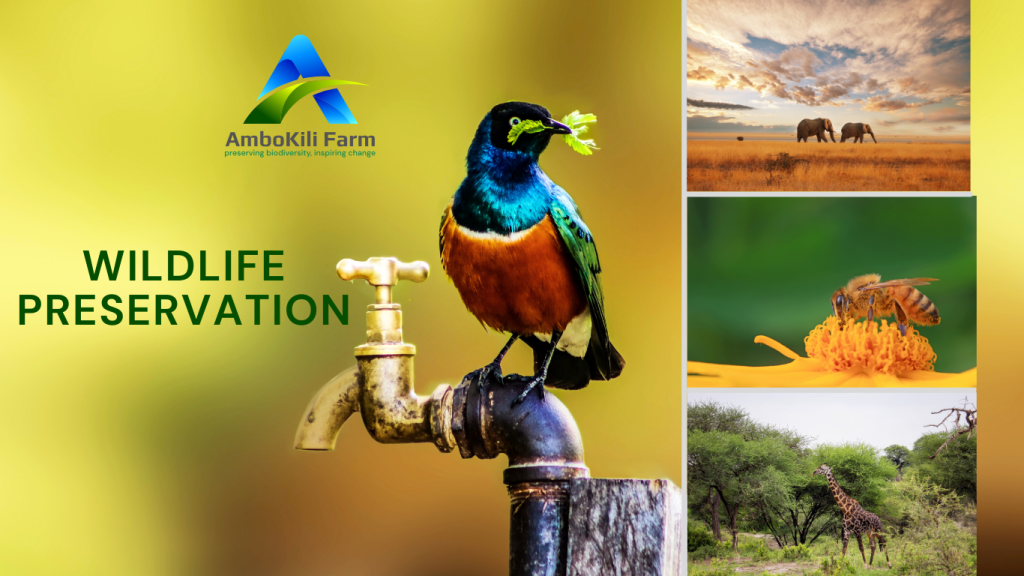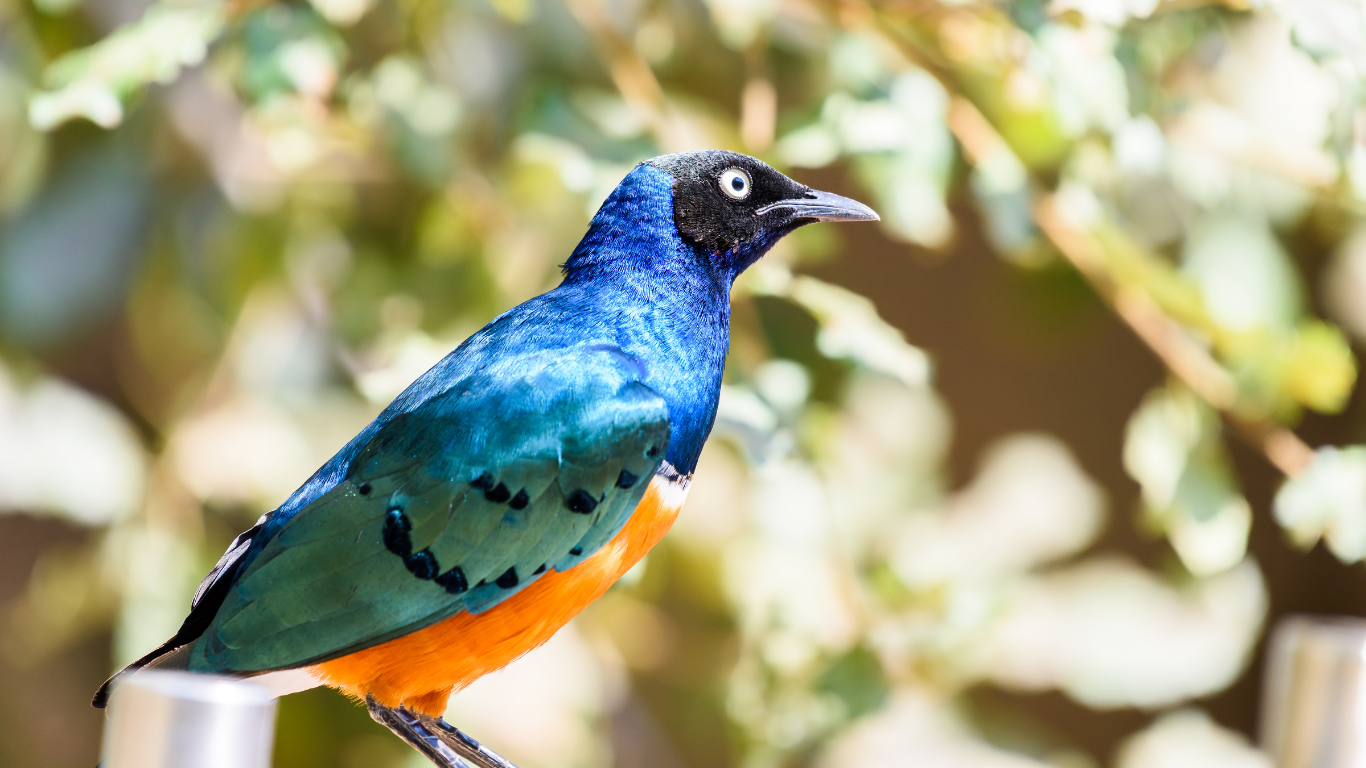
About Programme
Through a blend of organic permaculture practices and community development initiatives, we create self-sustaining ecosystems that not only benefit wildlife and contribute to wildlife preservation but also empower local communities. Our broad-based approach encompasses various strategies to safeguard and enhance biodiversity.
What We Do
One of our key activities involves creating habitats that attract diverse wildlife. We strategically place bird feeders across the farm to entice birds, which in turn build nests in the surrounding areas. By providing a safe haven for birds, we indirectly support the ecosystem by naturally managing pests like the maize stalk borer and fall armyworm, thanks to birds like the Superb Starling.
Furthermore, our water reservoirs and ponds serve as magnets for bees, insects, and other wild creatures, fostering biodiversity within our ecosystem. We actively engage in apiculture, maintaining several beehives that not only produce honey but also contribute to pollination, essential for plant reproduction and ecosystem health. Through our beekeeping efforts, we also harvest valuable bee venom, which has medicinal properties, thereby adding value to our products while promoting the conservation of bee populations.
Additionally, we prioritise the re-establishment of natural pasture using native species and advocate for the minimisation of harmful inorganic inputs in the ecosystem. By planting indigenous trees and implementing soil and water conservation measures such as terraces and ground cover, we mitigate erosion, improve soil fertility, and create conducive environments for wildlife to thrive.
How We Plan to Grow in Wildlife Preservation
Looking ahead, our future projects aim to expand our impact on wildlife preservation. We plan to intensify our efforts in seed ball distribution to facilitate the natural restoration of pastures and further engage in community empowerment initiatives to reduce the over-exploitation of resources in wildlife areas. These endeavours not only benefit local communities by promoting sustainable livelihoods but also contribute to the preservation of wildlife habitats.
Ultimately, our Wildlife Preservation Programme not only safeguards biodiversity but also plays a crucial role in environmental conservation and restoration. By creating biodiverse ecosystems, we contribute to the overall health and resilience of the land, mitigating the impacts of climate change and promoting sustainable development. At Ambokili Farm, our commitment to wildlife preservation is synonymous with our broader mission of transforming semi-arid terrains into thriving, self-sustaining ecosystems that benefit both people and the planet.

"If the bee disappeared off the surface of the globe, then man would have only four years of life left. No more bees, no more pollination, no more plants, no more animals, no more man."
--- Albert Einstein
Wildlife Preservation through
Apiculture
Bees are among the most important pollinators in most ecosystems, contributing to the growth of trees, flowers, and other plants, which serve as food and shelter for creatures large and small. About one-third of the food we consume relies on pollination mainly by bees.
As crucial components of wildlife, they contribute to the ecological balance through their roles as pollinators. Beyond agriculture, bees support the reproduction of wild plants, thereby sustaining the ecosystems that many animal species rely on for survival. Their ability to pollinate a wide variety of plants makes them essential for the health of natural habitats.
- What is Apiculture
- Why does Apiculture matter?
- What is the role of apiculture in wildlife preservation and environmental conservation?
Find out From Ambokili Farm:
Wildlife Preservation through:
Bird Conservation
Bird conservation is the deliberate and concerted effort to protect and preserve avian species and their habitats. This involves creating environments where birds can thrive, addressing threats such as habitat loss and pollution, and advocating for policies that safeguard bird populations. At Ambokili Farm, we’ve woven a tale of coexistence between agriculture and nature, where every flutter and chirp serves a greater purpose.
- What is its role in Wildlife Preservation?
- Why does it matter?
- How is it enjoyable for both Ambokili Farm and you?

